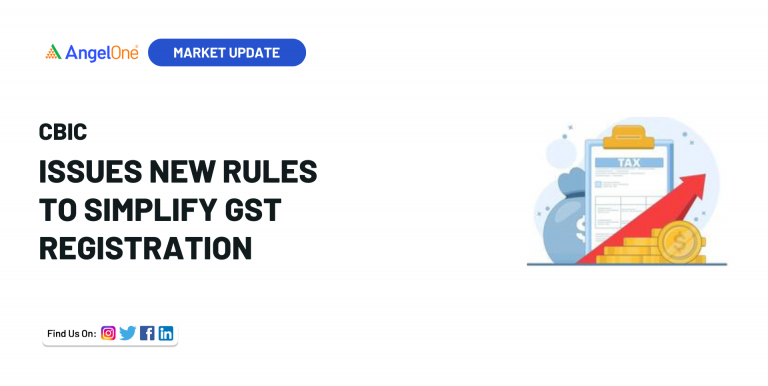
In response to mounting concerns over inconsistency and perceived harassment in the Goods and Services Tax (GST) registration process, the Central Board of Indirect Taxes and Customs (CBIC) has issued a detailed set of revised instructions. These new guidelines aim to bring clarity, transparency, and uniformity in GST registration procedures across jurisdictions, while curbing unnecessary interference by tax officials.
Over time, businesses have reported procedural delays and arbitrary documentation requests from field officers during GST registration. From asking for the landlord’s PAN and Aadhaar to questioning the business model itself, the process often became cumbersome. Recognising these irregularities, CBIC’s latest move is seen as a corrective step to enforce consistency and prevent discretionary practices.
The revised instructions reinforce reliance on the document list already provided in Form GST REG-01. Officers are explicitly directed not to request additional documents unless crucial for verifying ownership or business legitimacy. A key clarification is that only one document establishing the ownership of rented premises, such as a property tax receipt, electricity bill, or municipal record, is sufficient when submitted with a rent or lease agreement.
This change is expected to be particularly helpful for startups and small enterprises operating from shared or rented spaces.
Another significant reform is the prohibition of presumptive and irrelevant queries. Officers have been instructed not to question matters such as why an applicant’s residential address differs from the business location or to scrutinise the nature of goods or services offered at a particular premise, unless it directly relates to the submitted application and documents.
This measure addresses the longstanding issue of subjective questioning, which often led to unjustified delays or rejections.
To promote timely clearance, the CBIC has imposed strict deadlines:
The timelines are expected to reduce uncertainty for applicants and prevent files from lingering due to officer inaction. Notably, the instructions clarify that no registration should be granted on a deemed basis simply because the officer did not act in time.
For cases flagged as risky — either due to lack of Aadhaar authentication or suspicious backend data — the Board has introduced a well-defined protocol for physical verification. Officers must:
These steps ensure accountability and traceability in verification procedures.
To curb unauthorised demands, any request for documentation beyond the prescribed list now requires approval from a deputy or assistant commissioner. Furthermore, minor discrepancies in submissions cannot be grounds for queries unless they are central to verifying business or ownership claims.
This top-down approval mechanism is designed to act as a check on overzealous or arbitrary officer conduct.
CBIC has instructed senior officers to monitor application processing more rigorously and to ensure adequate staffing at relevant departments. Any deviation from the new process may attract disciplinary action, thereby reinforcing the seriousness of the reform.
States may also issue trade notices to clarify what constitutes acceptable documentation under state-specific laws, ensuring smoother implementation on the ground.
Read More: Penalty of ₹10,000: If These New GST Rules Are Not Followed from April 1, Businesses Should Take Note.
The CBIC’s move to overhaul the GST registration protocol marks a decisive effort to reduce administrative friction for businesses. With defined documentation requirements, firm processing timelines, and accountability for officers, the new guidelines aim to make GST registration more uniform, predictable, and fair.
While the reforms are administrative in nature, they hold significant implications for businesses navigating India’s indirect tax landscape.
Disclaimer: This blog has been written exclusively for educational purposes. The securities mentioned are only examples and not recommendations. This does not constitute a personal recommendation/investment advice. It does not aim to influence any individual or entity to make investment decisions. Recipients should conduct their own research and assessments to form an independent opinion about investment decisions.
Investments in the securities market are subject to market risks, read all the related documents carefully before investing.
Published on: Apr 21, 2025, 2:59 PM IST

Team Angel One
We're Live on WhatsApp! Join our channel for market insights & updates
